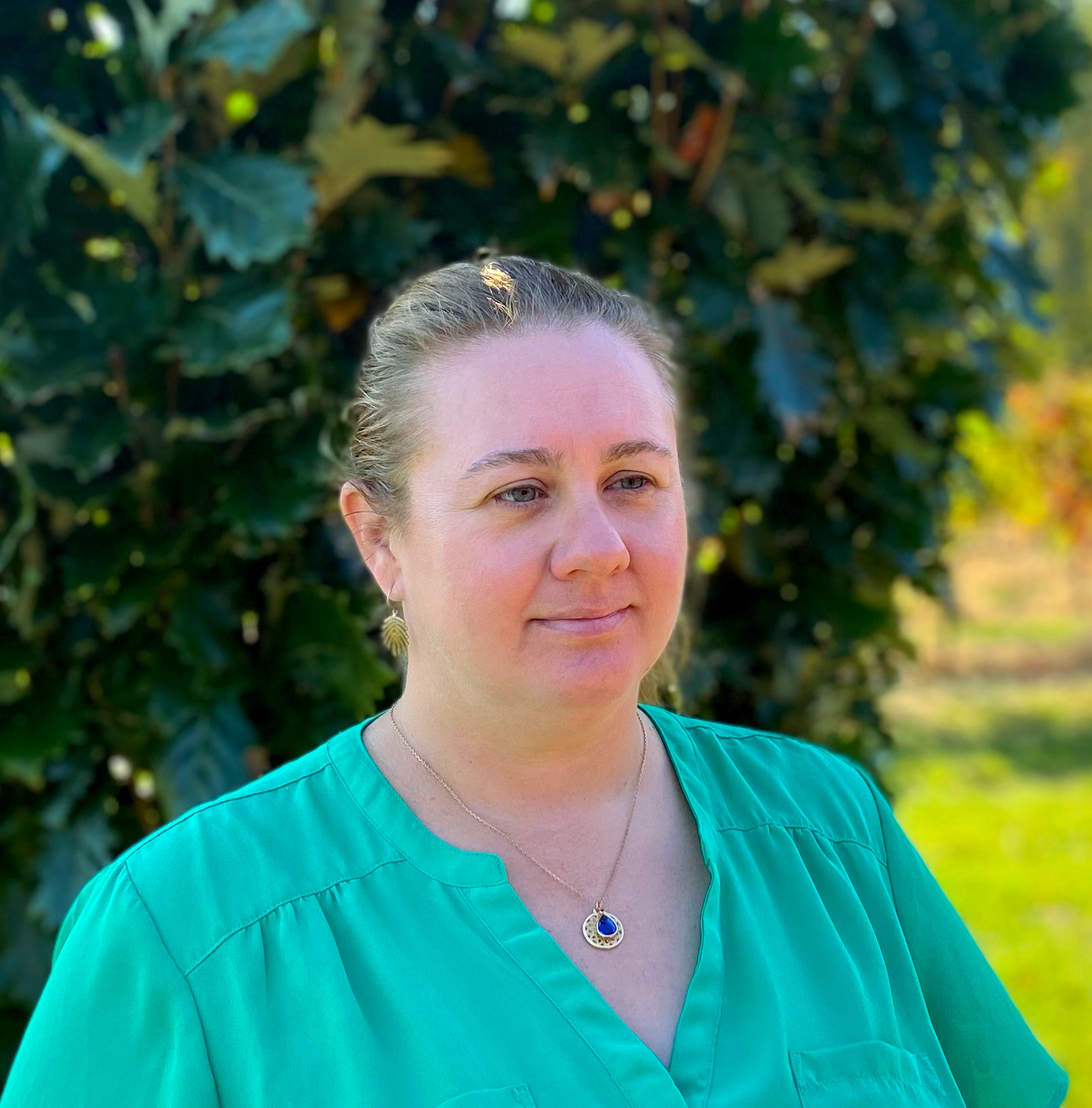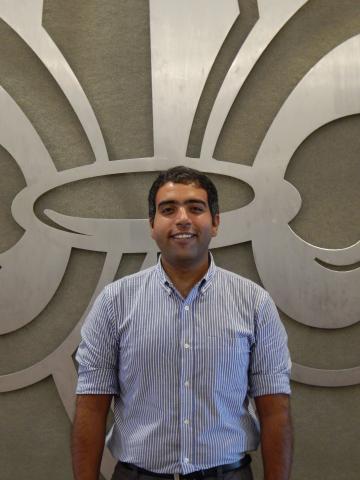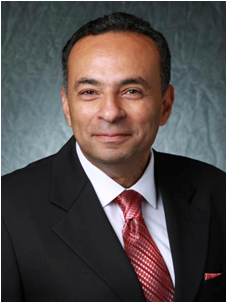Personnel
|
|
Dr. Emad Habib, DirectorDr. Habib is an endowed Chair and Professor in the Civil Engineering Department at the University of Louisiana at Lafayette. He serves as the Director of the Louisiana Watershed Flood Center and the Director of the Institute for Coastal and Water Research. He received the 2011 College of Engineering Researcher of the Year. His research expertise is in surface hydrology with focus on precipitation estimation and analysis; hydrologic modeling; flood prediction and water resource management; coastal restoration; uncertainty modeling of hydro-ecological models, and development of technology-based educational innovations. He published more than 80 peer-reviewed journal articles, several book chapters and conference papers. He received several awards, including the Best Journal Award and the Watershed Excellence Award from the American Society of Civil Engineers, the 2016 University Distinguished Professor Award, and 2021 Professional Service Award. During his years at the University, he has generated $14 million in external research funding from several federal, state, and regional agencies. He served an elected member on the UL Lafayette Graduate Council, serves on the College of Engineering Peer-Review Committee, and is the Chair of the Department of Civil Engineering Curriculum Committee. He served on the Precipitation Committee of the American Geophysical Union (AGU), the Education Committee of the Consortium of Universities for Advancement of Hydrologic Sciences Inc. (CUAHSI), and the Environmental Water Resources Institute (EWRI) Task Committee on the Use and Application of NWS WSR-88D Doppler Radar (NEXRAD). Dr. Habib is a Professional Engineer registered in the states of Louisiana and Texas. |
 |
Dr. Kelly Robinson, Associate DirectorMy research interests as a coastal biological oceanographer are broadly aimed at the effects of climate-driven processes on marine zooplankton production and distribution, with an emphasis on gelatinous plankton predators (i.e., jellyfish). I am particularly interested in how climate forcing alters trophic interactions and energy transfer between marine zooplankton groups, planktivorous fish, and their predators. To address questions related to this topic, I use a combination of experimental lab work, field studies, and modeling (including spatial analysis and food web modeling). I hold a PhD in Marine Science from the University of South Alabama and a MSc in Fisheries & Aquatic Sciences from the University of Florida. I completed two postdocs: University of Southern Mississippi (Graham Lab) and at Oregon State University (Cowen & Sponaugle Labs). Read more about my lab, students, and current research. |
 |
Dr. Mohamed ElSaadani, Research EngineerDr. ElSaadani is a Research Engineer at Institute for Coastal and Water Research (ICaWR) and a graduate research faculty with the School of Engineering at UL Lafayette. Dr. ElSaadani’s main research interests are in hydrologic modeling, remote sensing, Machine Learning (ML) applications in hydrology, and geospatial statistical modeling of stream network variables. He has led numerous multi-disciplinary studies focused on improving the current practices in the hydrologic sciences by utilizing the latest advances in the fields of computer science and remote sensing. Dr. ElSaadani obtained his Ph.D. in Civil and Environmental Engineering, specializing in Hydrology and Water Resources from the University of Iowa in 2017 and his MSc in the same field from UL Lafayette in 2011. |

